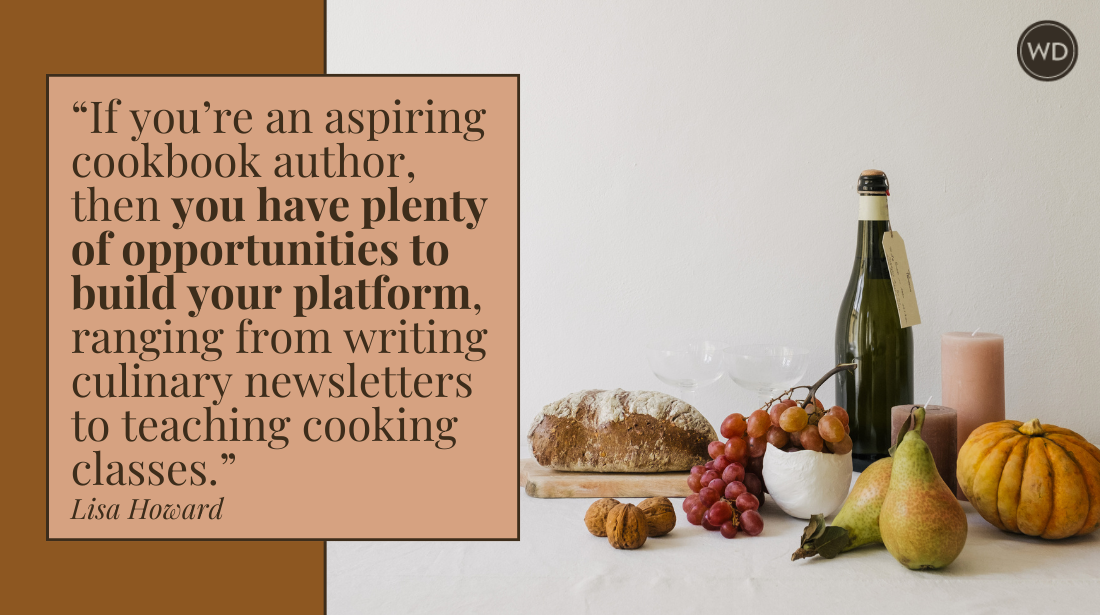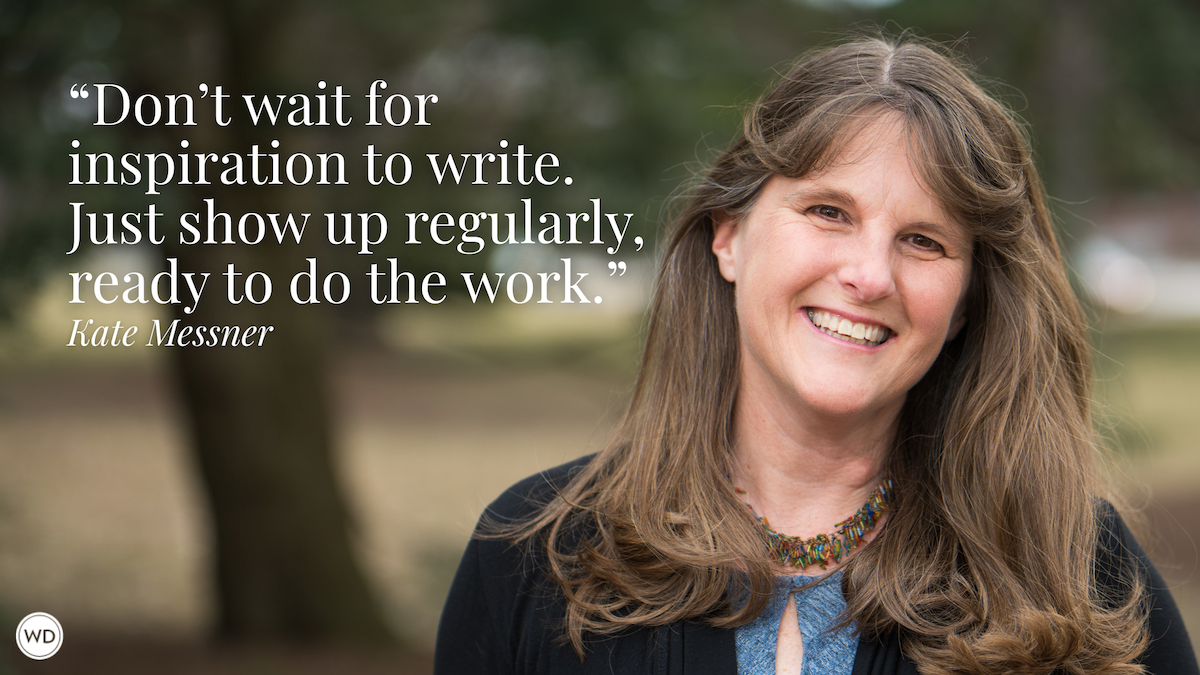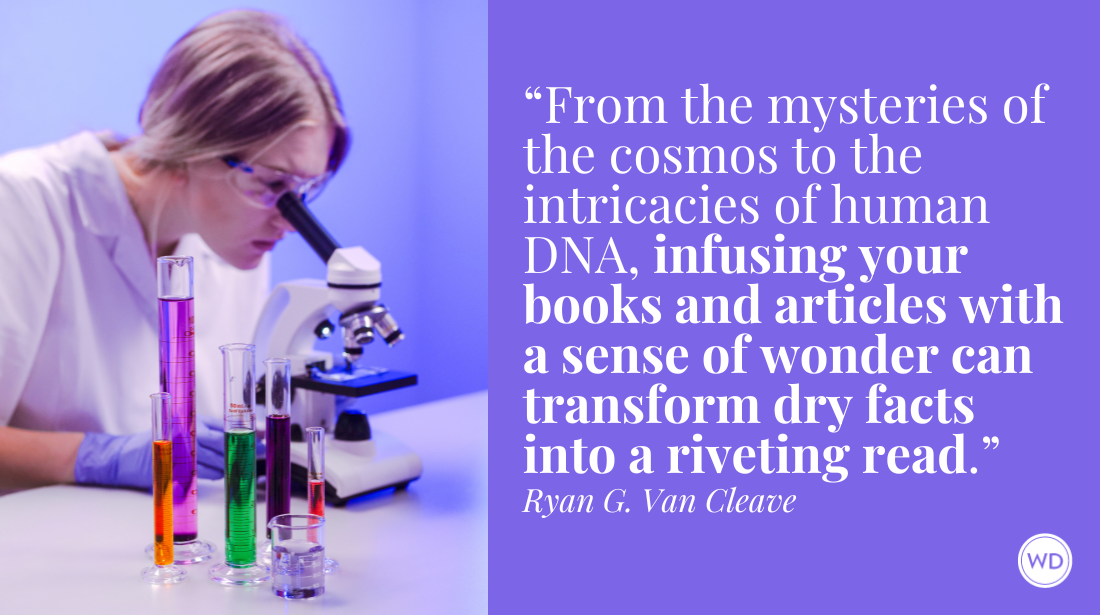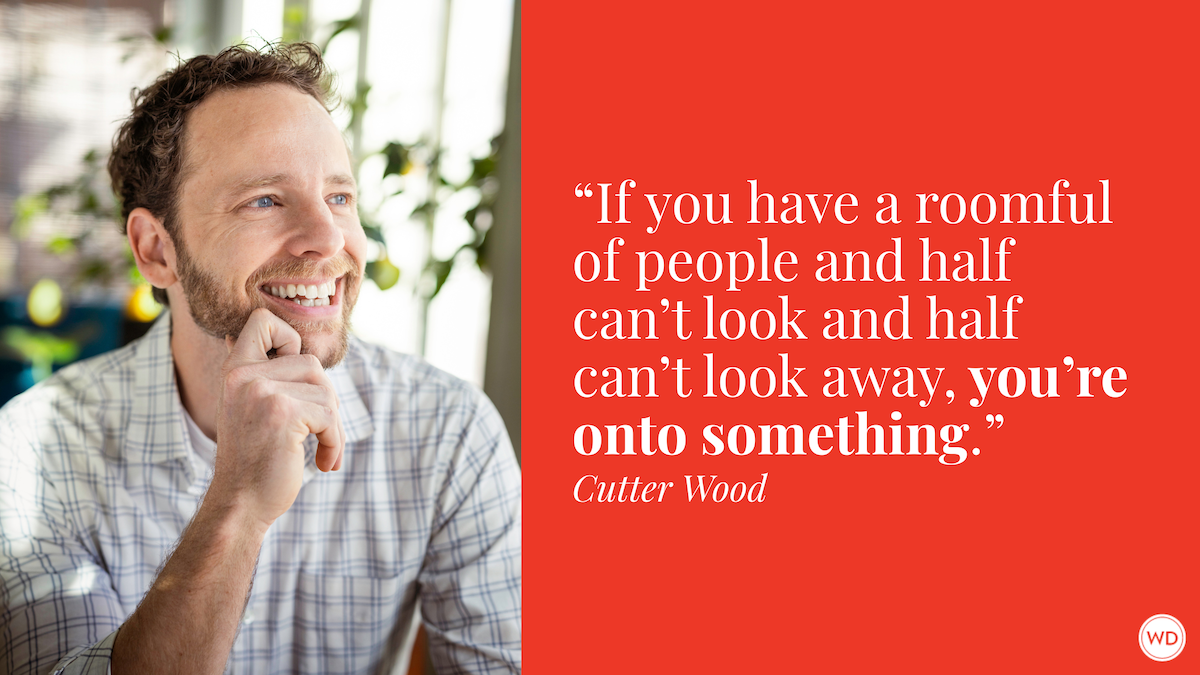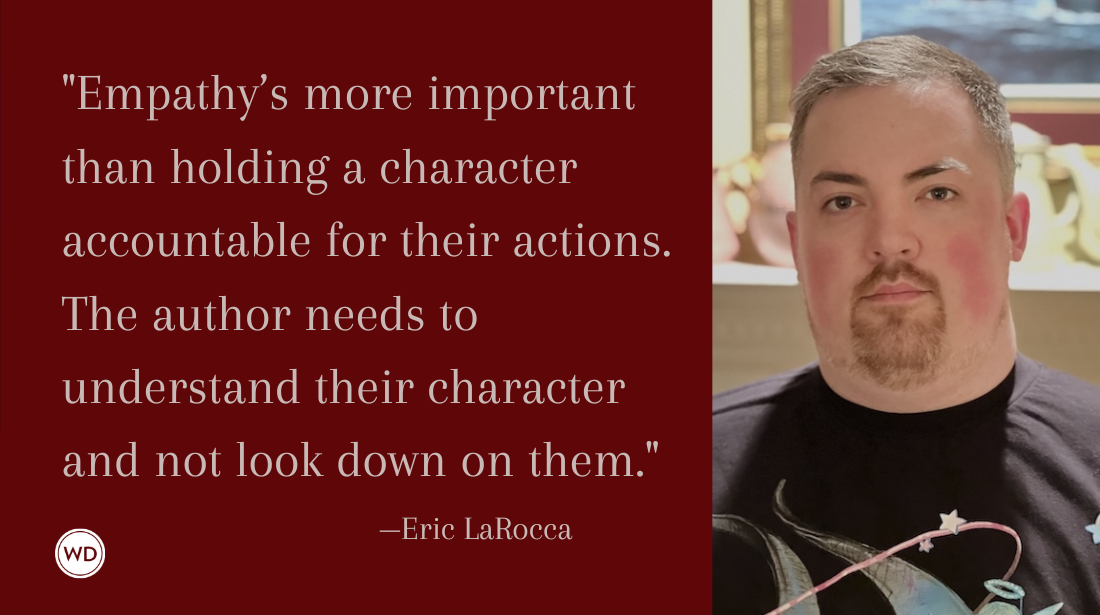Leah Franqui: On Killing Our Critical Inner Voices
Award-winning playwright and author Leah Franqui discusses how she examined her life through a fictive lens with her new novel, After the Hurricane.
Leah Franqui is a graduate of Yale University and received an MFA at NYU-Tisch. A Puerto Rican-Jewish native of Philadelphia, Franqui is currently completing a PhD in Creative Writing at Georgia State University.
In this post, Leah discusses how she examined her life through a fictive lens with her new novel, After the Hurricane, her advice for other writers, and more!
Name: Leah Franqui
Literary agent: Julia Kardon
Book title: After the Hurricane
Publisher: William Morrow
Release date: August 9, 2022
Genre/category: contemporary fiction
Previous titles: America for Beginners, Mother Land
Elevator pitch for the book: A young woman’s search for her father who has disappeared after Hurricane Maria leads her through Puerto Rico and forces her to confront everything she doesn’t know about her father’s past and her own identity.
IndieBound | Bookshop | Amazon
[WD uses affiliate links.]
What prompted you to write this book?
This is an extremely personal novel for me, because it comes from so much of my own experience and family history that it is half literature, half autofiction. I’ve grown up visiting Puerto Rico because that is where my father is from, and where a lot of his family is, and I have a complex relationship with my father, and with the island itself.
This book came from wanting to explore those complexities through a fictive lens, giving myself free reign to play out some of my own experiences on fictitious characters. I love Puerto Rico, and setting a story there was a joy.
How long did it take to go from idea to publication? And did the idea change during the process?
I started writing this novel in the fall of 2019, and it underwent some big shifts over the course of its development. The book contains two stories, Elena’s story which is in the present, and her father Santiago’s story, which is mostly in the past. I had written them both in linear order, but eventually I ended up having Santiago’s story run backwards, from the point of intersection in the first chapter back to before his birth, while Elena’s stays in the present. This was a big change, but I love it.
Were there any surprises or learning moments in the publishing process for this title?
This is my third novel, so I wouldn’t say there have been surprises, although I am always gratified to have people read it. I really loved the sensitivity read my publishers did for this novel, that was a wonderful experience and a fairly new part of the process, I believe.
Were there any surprises in the writing process for this book?
The more personal a novel, the more you are examining yourself through your writing, so for me, this novel was also a personal exploration of how I feel about my family, my identity, my father, and grief. Working on this story made me sad, but it also allowed me to come to terms with some of the insurmountable barriers in my own relationship with my own father, and to let some pain go.
Otherwise, I loved the research aspect of this novel, because it allowed me to dive into Puerto Rican history, and I learned so much about a place I thought I knew a lot about over the course of that research. I discovered new writers I love, a Puerto Rican poet whose work I’ve included in my novel, and so many things that I am happy I now know.
What do you hope readers will get out of your book?
I hope readers identify with both Elena and Santiago. I think it is so difficult and necessary to see our parents as people, as much as we possibly can, and to forgive them for the people that they are, even if we can’t forgive them for what they’ve done to us.
Elena is searching for a relationship she can’t have, because Santiago can’t give it to her, but he himself is flawed and in pain. I think the thing about intergenerational pain is that we accept it as a fact of life without really pulling it apart and examining it and trying to see all the players, our family members, as individuals. We say, well, my mom was just like that, that was who she was, we silence ourselves because it seems disrespectful to be critical. But that just lets it live out in us.
We can’t save ourselves from pain, it is part of life, but we can examine our families and try and see places we can stop bad patterns from repeating themselves. Elena is trying to do that here, and I hope readers identify with that, even as they see how Santiago can’t do that.
If you could share one piece of advice with other writers, what would it be?
My biggest advice for writers would be that whatever you can do to cancel out a fear of writing, or of not writing well enough, do it. You can’t create and critique in the same space. It is exhausting and terrible.
Whatever kills that critical voice in your head while you are writing, feed it. You get better at writing by doing more writing and you can’t do that if you are cruel to yourself while you are trying to write. The time to be critical of your work isn’t while you are writing, but afterwards.
Robert Lee Brewer is Senior Editor of Writer's Digest, which includes managing the content on WritersDigest.com and programming virtual conferences. He's the author of 40 Plot Twist Prompts for Writers: Writing Ideas for Bending Stories in New Directions, The Complete Guide of Poetic Forms: 100+ Poetic Form Definitions and Examples for Poets, Poem-a-Day: 365 Poetry Writing Prompts for a Year of Poeming, and more. Also, he's the editor of Writer's Market, Poet's Market, and Guide to Literary Agents. Follow him on Twitter @robertleebrewer.



